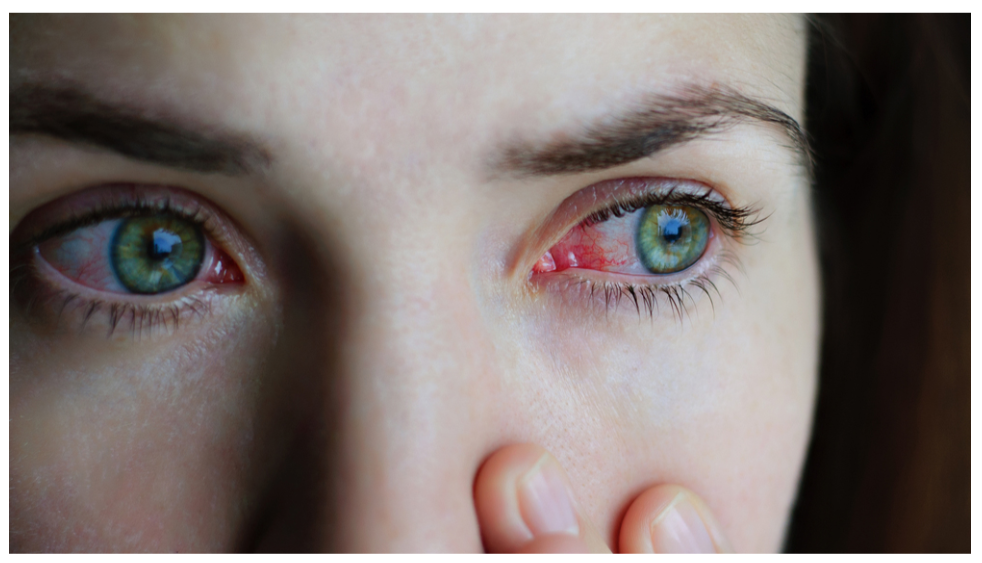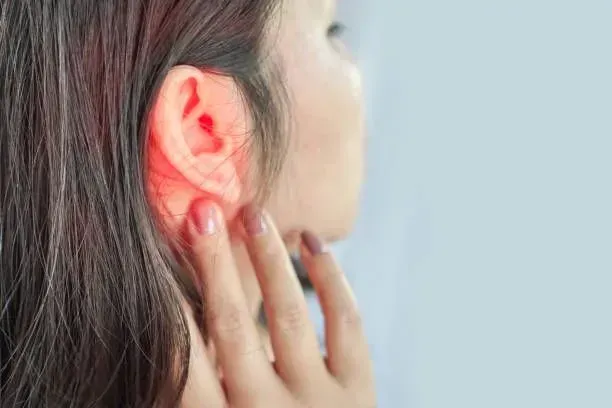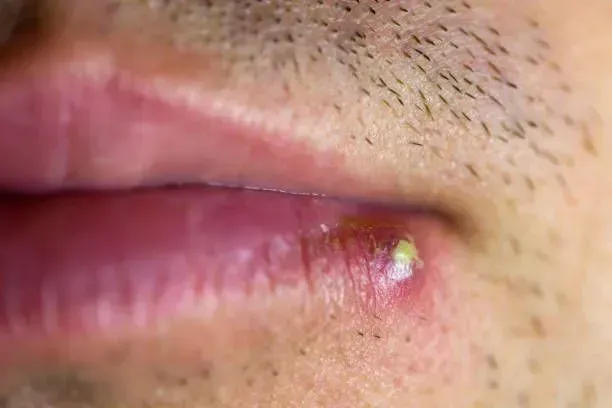8 Tips for Managing Stress and Anxiety
Everybody has moments when they feel overwhelmed, stressed, and unable to manage their tasks. This may or may not be associated with feelings of anxiety and unease. Depending on the extent of your stress and anxiety, there may be home remedies that can lower your negative emotions. However, if your anxiety gets out of hand, it can become challenging to balance alone, and resources are available to you.
Regardless of whether you're experiencing daily stressors or more chronic ones, you deserve to find ways that make you feel calm and in control. And, many people don't recognize how interwoven mental health is with physical health. This blog will talk you through tips and techniques to manage your stress and anxiety, therefore keeping you happy, healthy, and out of the urgent care center.
1. Physical Movement
Incorporating regular physical activity into your daily routine is a powerful way to feel better throughout your day. Exercise releases natural endorphins, which are mood lifters that can also alleviate pain and stress. It doesn't have to be intense or time-consuming; even a short walk, yoga session, or dance break can make a significant difference.
Physical movement increases your overall health, improves sleep quality, and enhances your sense of well-being. Aim for activities you enjoy, making sticking with a consistent exercise regimen easier. This happy habit will boost your physical health and be a valuable tool for managing mental stress. And the healthier your body, the less you'll need urgent care services!
2. Try Mindfulness Techniques
Mindfulness techniques are powerful tools people can use for managing stress and anxiety. They help anchor you in the present moment and break the cycle of negative thoughts. Practices such as deep breathing, meditation, and mindfulness-based stress reduction (MBSR) encourage a state of active, open attention to the present.
These practices can lower stress levels, reduce anxiety, and enhance emotional health. Even dedicating a few minutes each day to mindfulness can lead to significant improvements in your mental well-being. By observing your thoughts and feelings in a judgment-free zone, you can gain a more transparent, calmer perspective on life's challenges.
3. Get Quality Sleep
Quality sleep is key when it comes to managing stress and anxiety, allowing your mind and body to rest and recover. Poor sleep can exacerbate anxiety symptoms and decrease your ability to handle stress. Aim for 7-9 hours of uninterrupted sleep by setting up a regular sleep schedule, creating a relaxing bedtime routine, and making your sleeping environment comfortable and free from distractions. Avoid the walk in clinic by taking care of your wellness, boh physically and mentally.
Also, try to avoid stimulants like caffeine and electronic devices before laying down. They can interrupt your ability to fall and stay asleep. Prioritizing sleep hygiene practices can significantly improve sleep quality, enhancing mood, cognitive function, and overall ability to decrease stress and anxiety.
4. Improve Your Gut Health
Research is starting to identify the importance that gut health plays in managing stress and anxiety, thanks to the gut-brain axis. This axis links the emotional and cognitive centers of the brain with intestinal functions. Incorporating probiotic-rich foods including yogurt and kefir, or fermented vegetables, can help enhance gut flora, positively affecting mood and stress levels.
Additionally, a fiber-rich diet of fruits, vegetables, and whole grains supports a healthy gut microbiome. Staying hydrated and decreasing the intake of processed foods and sugars also contribute to gut health. Sometimes, an urgent care office can talk to you about the importance of your gut health and how it could impact your overall wellness. By nurturing your gut health, you can potentially improve your mental well-being and resilience to stress.
5. Talk With Loved Ones
Sharing your feelings with friends, family, or a trusted individual can provide emotional support, understanding, and a sense of belonging. Sometimes, just vocalizing your worries can help diminish their power over you, offering new perspectives and solutions you might not have considered. Bottling up your emotions can only further impede your health.
Loved ones can also offer encouragement, remind you of your strengths, and help you feel less isolated in your experiences. Remember, seeking support is a testament to your strength, not weakness. Opening up fosters deeper connections and can be a big step forward in managing your mental health.
6. Professional Help
Seeking professional help is a tough but meaningful first step towards managing anxiety. Psychologists, psychiatrists, and therapists are trained to offer individualized strategies and treatments. This might include cognitive-behavioral therapy (CBT), which helps identify and challenge negative thought patterns, or medication for more severe cases.
Professional support provides a safe space to explore your feelings, understand the root causes of your anxiety, and develop coping mechanisms. It's important to recognize when you need help beyond self-management techniques, as timely intervention can lead to better outcomes and prevent further mental health complications. If you or someone you know is struggling with anxiety, a local urgent care clinic can provide you with resources and recommendations.
7. Develop a Personalized Stress Management Plan
Professional support provides a safe space to explore your emotions and understand the root causes of your anxiety. It can also promote the development of specific coping mechanisms. It's important to recognize when you need help beyond self-management techniques, as timely intervention can lead to better outcomes and prevent further mental health complications. If you or someone you know is struggling with anxiety, a local urgent care clinic can provide you with resources and recommendations.
Keep in mind that what works for one person may not work for another, so it's important to be patient and open to adjusting your plan as needed. Regularly review and adjust your approach depending on what you find most helpful. This tailored plan empowers you to navigate stress with resilience and confidence.
8. Seek Support Today
Managing stress and anxiety is a road that involves understanding your triggers, implementing practical strategies, and sometimes seeking professional help. Focusing on the abovementioned methods can significantly enhance your ability to cope with life's pressures.
However, if things get out of hand, a local hospital or urgent care clinic can support your well-being. UrgiClinic Urgent Care has your best mental and physical well-being in mind. If you're beginning to struggle with stress or anxiety, please don't delay reaching out to us for professional advice. Visit UrgiClinic today to take the first step towards a healthier, more balanced life.








If you believe you have a medical urgent situation, please call 911
Hours: Open 7 Days a Week, from 9 AM to 9 PM
LEGAL LINKS
Quick Links
Contact Us
Phone: (708) 788-5088
Fax: (708) 575-7177
Email: care@urgiclinic.com
Address: 7124 W 83rd St Unit C, Bridgeview, IL 60455
All Rights Reserved | UrgiClinic Urgent Care





